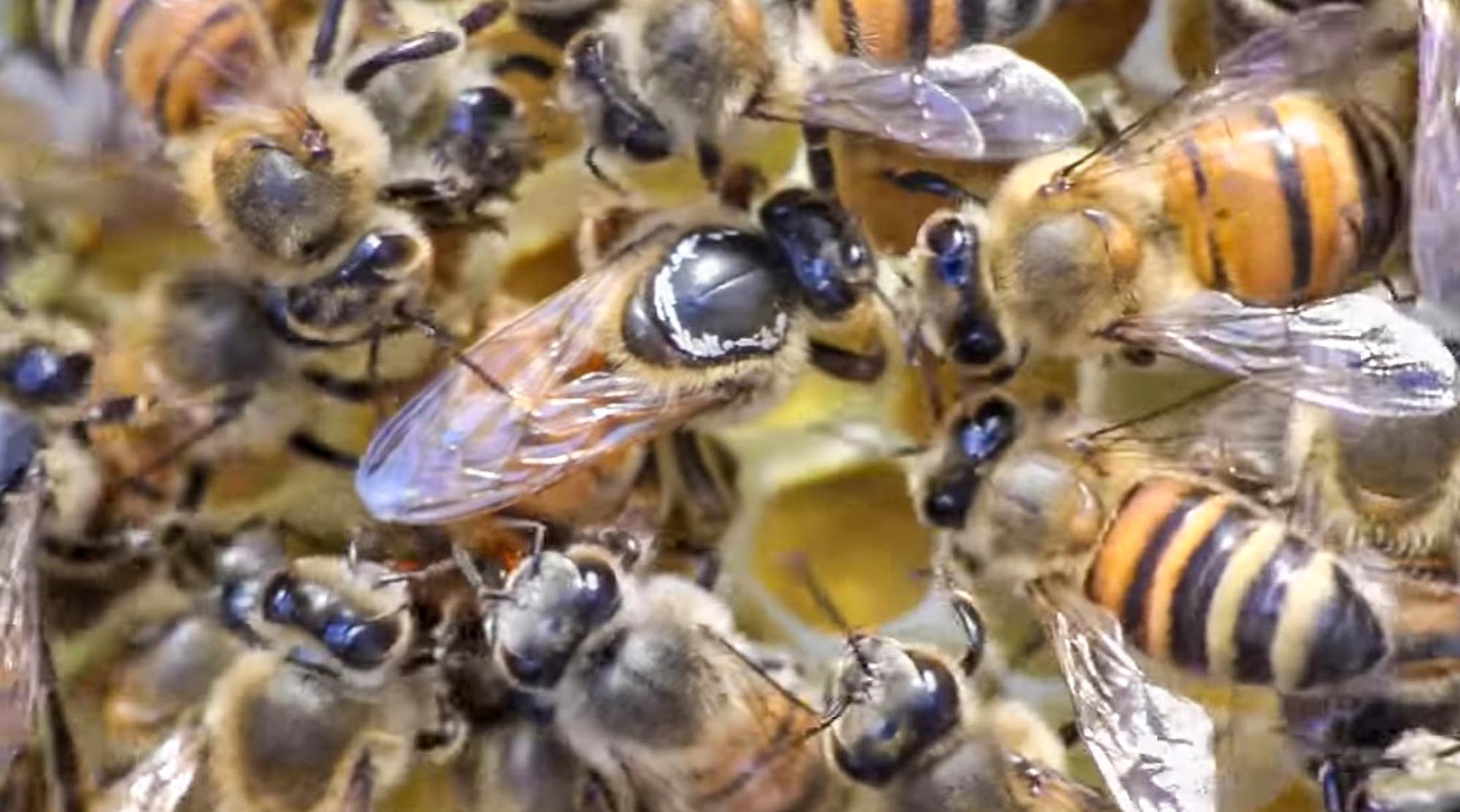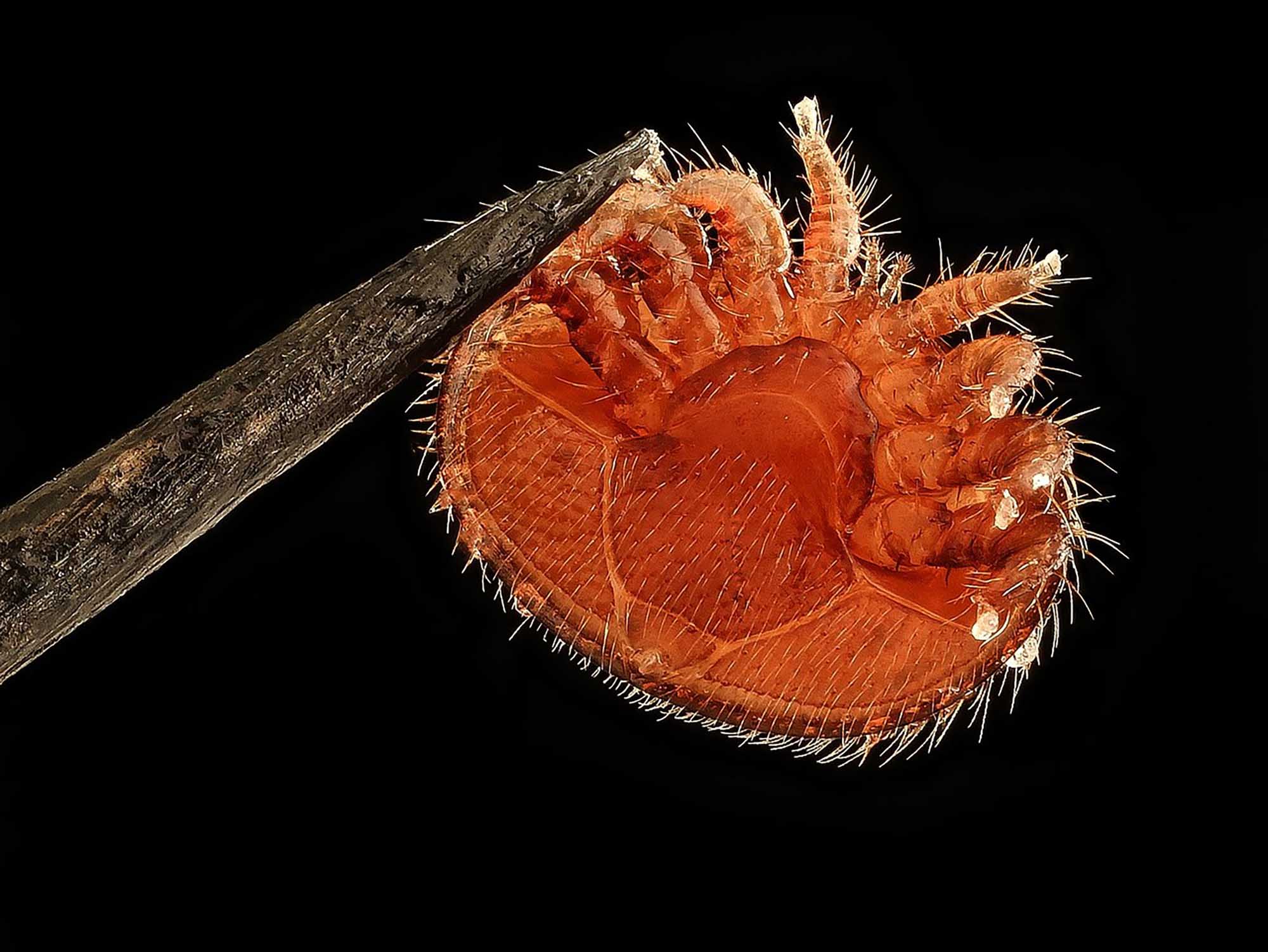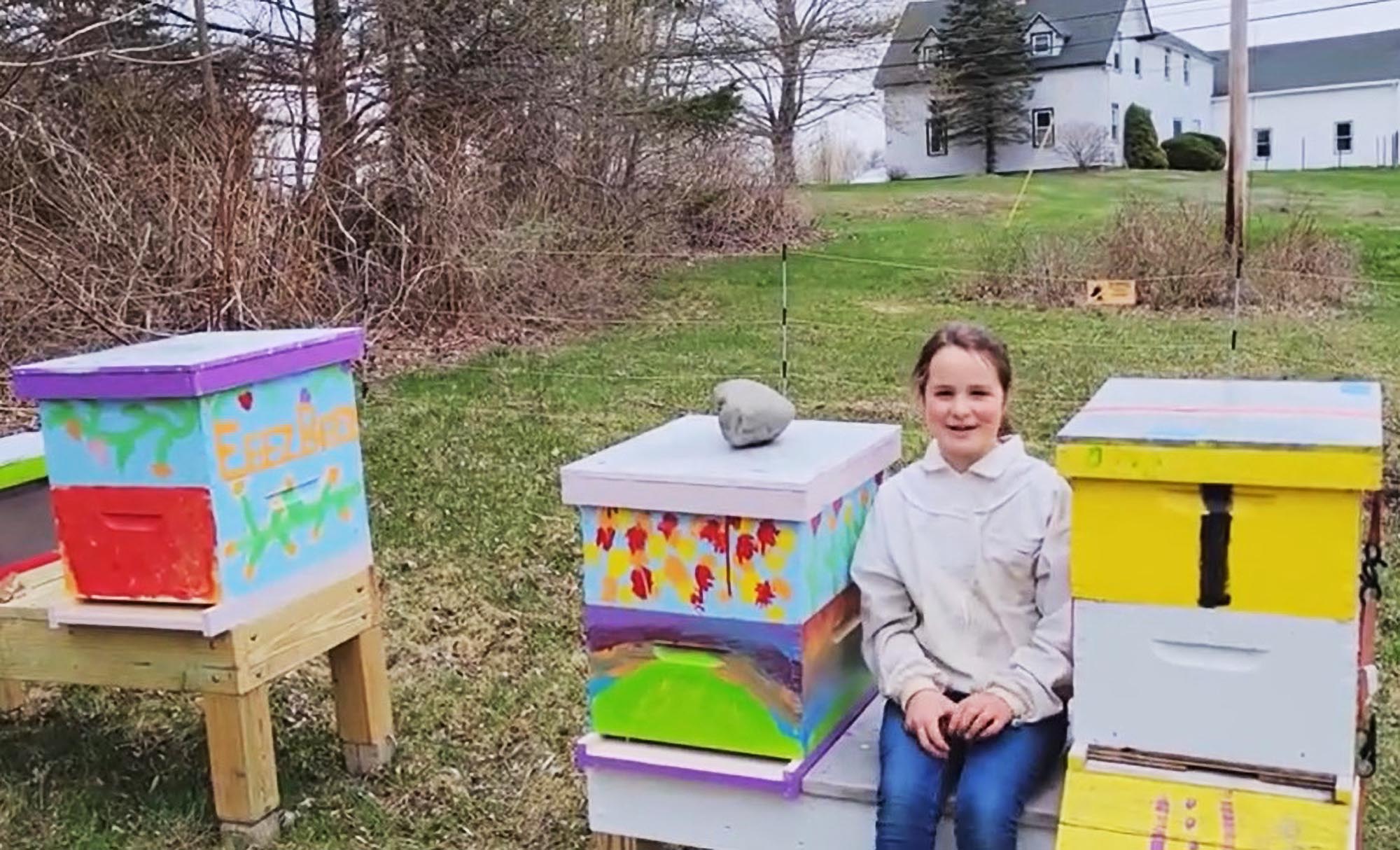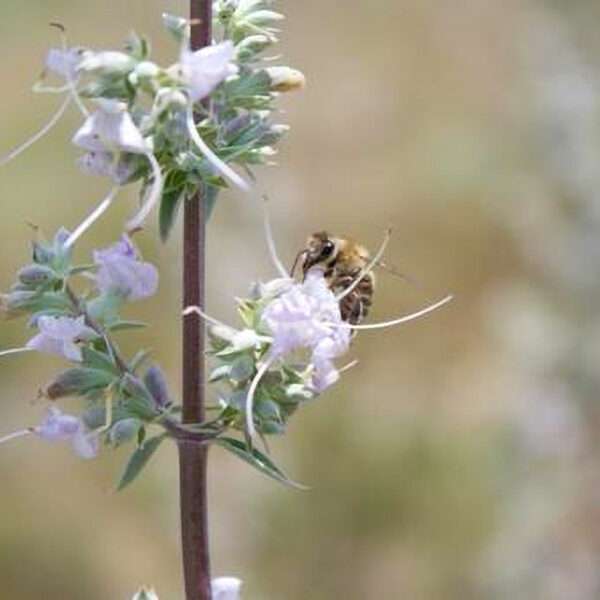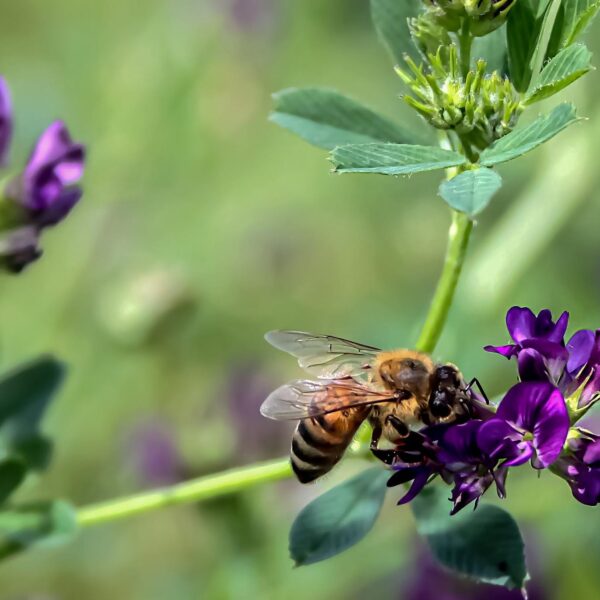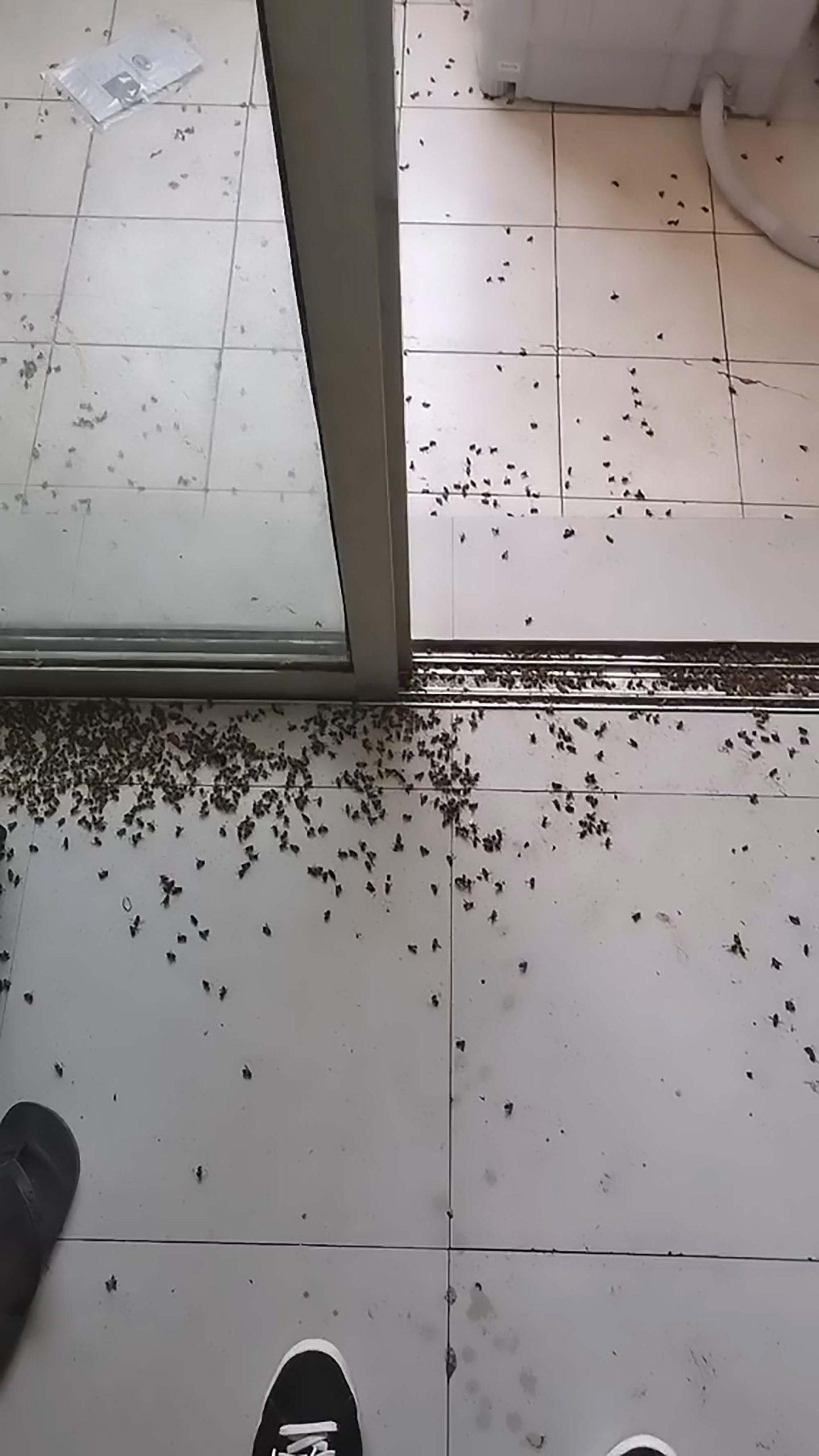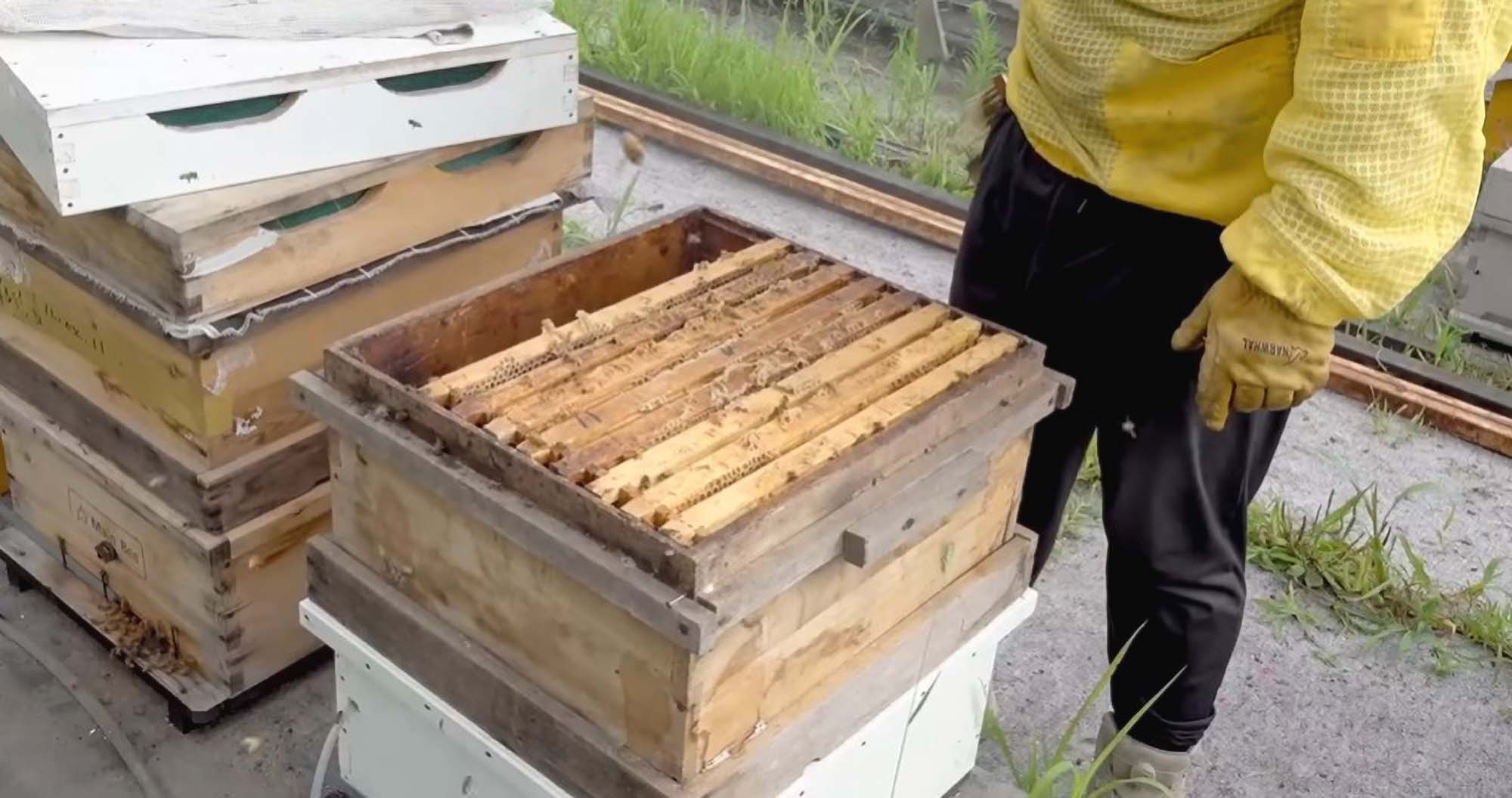The quickly advancing decline in biodiversity among insects will have “catastrophic” consequences, scientists in the United States have warned.
Researchers and activists across the world have emphasised for many years that pollution of the environment and climate change are having a devastating impact on nature.
Now James Stroud from the Georgia Institute of Technology (Georgia Tech) has said that “our earth’s biodiversity is rapidly declining.”
The assistant professor of biological sciences underlined that insects were affected worst. Prof Stroud warned: “The global loss of insects will be ecologically catastrophic.”
The thousands of bee species that exist globally are pollinators. This is why they are crucial to biodiversity and food security.
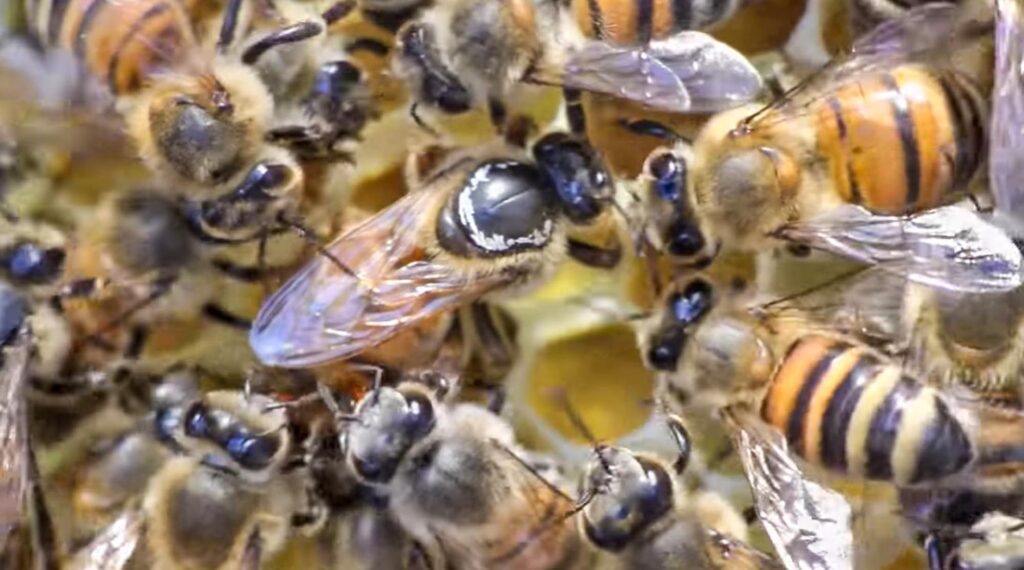
Prof Stroud was part of a team of researchers from Georgia Tech who cooperated with colleagues from the University of Colorado Denver (CU Denver) on a study about the temperature-induced migration of flying insects.
The scientists, who examined more than 800 insect species from around the world, discovered that many winged insects are moving to higher elevations much slower than their non-flying counterparts.
CU Denver public relations director Jennifer Woodruff explained: “This is because the thinner air at higher elevations provides less oxygen for species to use.”
Jennifer added: “Because flight requires more oxygen to generate energy for movement than other styles of movement such as walking, these species are migrating more slowly.”
The team of scientists claimed that this “escape route” might hold “insurmountable issues that could mean their doom.”

